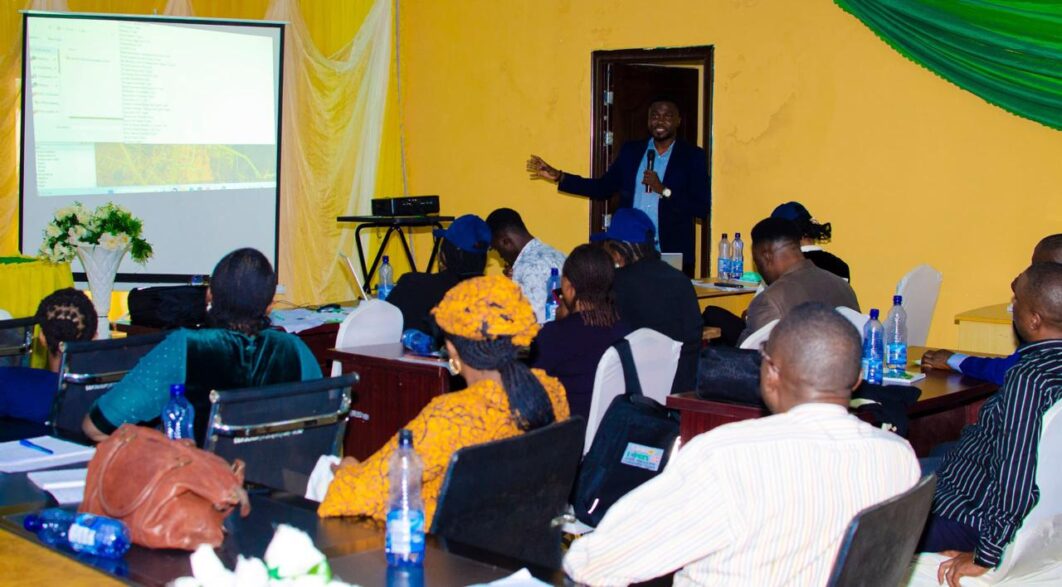
Health stakeholders in Ondo State have stressed the need to strengthen the state’s One Health initiative to prevent the outbreak of zoonotic diseases.
While making the recommendation in a communiqué issued at the end of a five-day capacity-building program held at the Public Service Training Institute in Ilara-Mokin, Ifedore Local Council Area of the state, the stakeholders called for a collaborative effort to tackle the situation.
The capacity building, facilitated by the State Coordination Office of the World Bank-assisted Livestock Productivity and Resilience Support Project (L-PRES), which featured key stakeholders such as veterinary doctors, environmental officers, and medical doctors, urged the state government on the need to recruit manpower in the relevant Ministries, Departments, and Agencies (MDAs).
With the training tagged “Training on Using One Health Approach for Disease Monitoring and Investigation, Risk Communication, and the National Action Plan on One Health Implementation for One Health Officers, the stakeholders were tasked with enhancing the application of the One Health approach.
According to the Commissioner for Agriculture and Forestry, Olayato Aribo, Governor Lucky Aiyedatiwa has been proactiveness through infrastructural development and the recruitment of about 1,000 health workers, as well as the provision of modern agricultural implements, among other initiatives.
Aribo maintained that the payment of the L-PRES Project counterpart fund was a testament to the governor’s commitment to promoting food security in the state.
He said: “This administration has put machinery in place for the structural and infrastructural upgrading of our health facilities and has also approved the employment of 1,000 health professionals across all cadres to replace those who have left the service of the state due to retirement and, of course, the ‘japa syndrome.’ In the agricultural sector, Mr. Governor promised to revolutionise agriculture by encouraging the use of modern techniques, among other measures.
“Palliatives such as grains and farm implements such as tractors and hand tillers have been distributed to farmers in line with the administration’s development agenda.”
On his part, the project coordinator in the state, Mr. Olufemi Adeogun, said the L-PRES Project would continue to pursue its objectives through relevant capacity training that would enhance livestock resilience, productivity, and commercialisation in the state.
“It will build capacity for effective disease monitoring and investigation, thus enhancing the conduct of integrated surveillance activities that encompass human, animal, and environmental health.”






